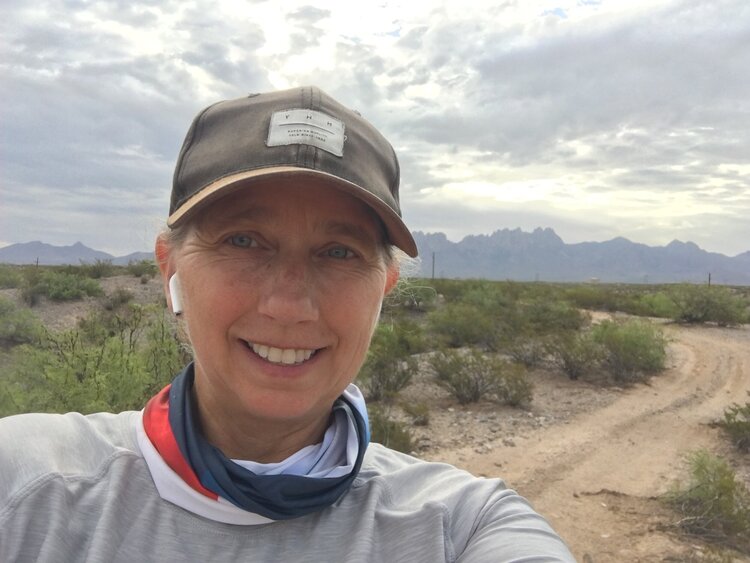“I have to admit, as we walked out the door, I was really dreading the evening” a parent confided, “I thought it would be so boring, but then I was so surprised. The students knew what they were talking about and I actually learned something. It was really good.”
Due to my absence at the Science Fair, I have had to rely on colleagues, judges and parents for their input regarding the final product of the event itself. Only positive responses have been relayed to me. Basically the words “huge success” are repeatedly echoed. Additionally, the student reflections have been insightful. All pupils were required to ponder on all aspects of the project from start to finish:
- Choosing a topic
- Researching (Finding articles, understanding articles)
- Transferring information from the Internet into their own written words
- Blogging
- Combining all written work into one piece
- Constructing the Poster
- Presenting at the Science Fair
Thus were they queried:
What did you enjoy most? What was most challenging? What did you learn? What are you most proud of? How hard did you work? What would you do differently? How could the teacher have supported you better?
Each student found different aspects of the project most challenging, whether it was the researching, blogging, poster construction, or the presentation. However, many students found the researching difficult and especially the task of reading and extracting pertinent information.
On the Science Fair itself:
“I could see how curious they were and when I presented it, it felt good to see them fascinated”
“I am most proud of my presentation during the Science Fair”
“…it was exciting to see all of our hard work come together and make something great.”
“I was surprised by how much I had learned and how well I could communicate it to others”
“Understanding the information made me really proud, then being able to teach others about it also made me very proud”
On other aspects of the project:
“I also enjoyed having my own blog and posting my research on the blog”
“I learned that I need to tell my parents to begin to be a bit more green in my house.”
Overwhelmingly the students responded with “3”, providing reasoning, to the question below:
How hard did you work on this project? Estimate your personal input on a scale (highlight the option) and explain why you selected the option.
- I did the absolute minimum and could have done much more. The quality of the project doesn’t at all represent my ability level.
- I worked on the project but sometimes I was distracted or off-task. The quality of the project doesn’t fully represent my ability level.
- I worked on the project and stayed on task, I think that the quality of the project fully represents my ability level.
- I worked harder than I ever have before, I stayed focused on the project at all times, I did my absolute best. I think that the quality of the project exceeds my own expectations.
When thinking of what they could do better, many suggested that they would start sooner and not get behind. Others would have practiced their presentations more. Yet others would have worked on their posters more.
Half way into the project my colleague and I realized how unequipped the students were for this type of research work. We floundered to help them. Many felt adequately supported, yet there were several who felt similarly to this student:
“I think the teacher could help me get started off. The teacher could give me a good piece of information on the topic so that I can get an idea of the work I can do”
We did have to help some students find appropriate articles and we had to help many understand the articles and extract the information. In the future we envision a more collaborative effort with English and History on such a project as students still need to learn the process of research.
However, in the end, the hard work paid off. Students learned about global warming and were converted to the need for change and definitely communicated this to visitors that night. They also learned about the process of research and public presentation. There is an overwhelming sense of accomplishment. Surprisingly, community members also walked away from the evening with new knowledge. The judges were impressed with the amount and depth of understanding that the youngsters had acquired. I do attribute the success of the evening to the fact that the theme had such real world application and it carried meaning for the students. As a result they, indeed, had acquired abundant knowledge and conveyed genuine enthusiasm.
How I yearn to fill every class with such purpose. What gives the students you work with meaning in learning?

